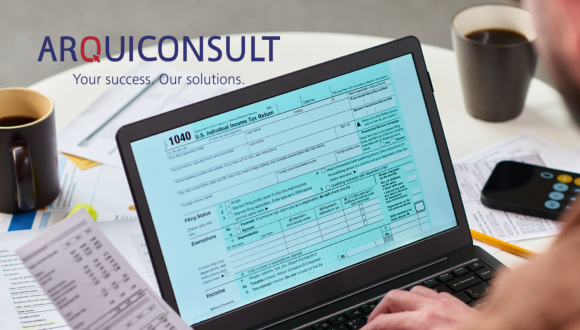DOES IT COMPLY WITH LEGAL REQUIREMENTS? ARE YOU READY FOR ELECTRONIC BILLING?
It is already on the 18th of April that Directive 2014/55/EU enters into force. Be prepared for legal requirements and find out how we can help you. We remind you that electronic invoicing is a legal obligation in the supply of goods and services to European public entities.
It is already on the 18th of April that Directive 2014/55/EU enters into force. Be prepared for legal requirements and find out how we can help you.
We recall that electronic invoicing is a legal obligation in the supply of goods and services to European public entities, but also an opportunity to streamline processes, reduce costs and modernize its structure. The European standard was developed so that it can be used by the Public Administration and by private companies (Business-to-Government, Government-to-Government and Business-to-Business).
Electronic invoicing will require data to be created in a structure defined by a European standard template and sent directly from the seller’s system to the buyer. In this way, the invoice can be automatically imported into the Public Entity’s system, without the need for manual insertion, implying the readaptation of the software implemented within organizations (whether public or private).
Dates to retain:

In the Public Sector
As of April 18, 2019:
The services of the State’s Direct Administration and Public Institutes are required to receive and process electronic invoices, through the platform provided by ESPAP , IP
As of April 18, 2020:
Other public entities are required to receive and process electronic invoices. These entities have full autonomy to choose the electronic invoicing platform.
In the Private Sector
Companies must prepare their systems to issue electronic invoices to any public entity, given the following deadlines:
As of April 18, 2020:
Large companies that meet one of the following conditions: over 250 employees, more than €50M in turnover or €43M in balance, are obliged to send the electronic invoice to their Public Administration customers.
As of January 1, 2021:
Micro, small and medium-sized companies of public entities within the scope of public contracts, are obliged to send the electronic invoice to their customers of Public Administration.


